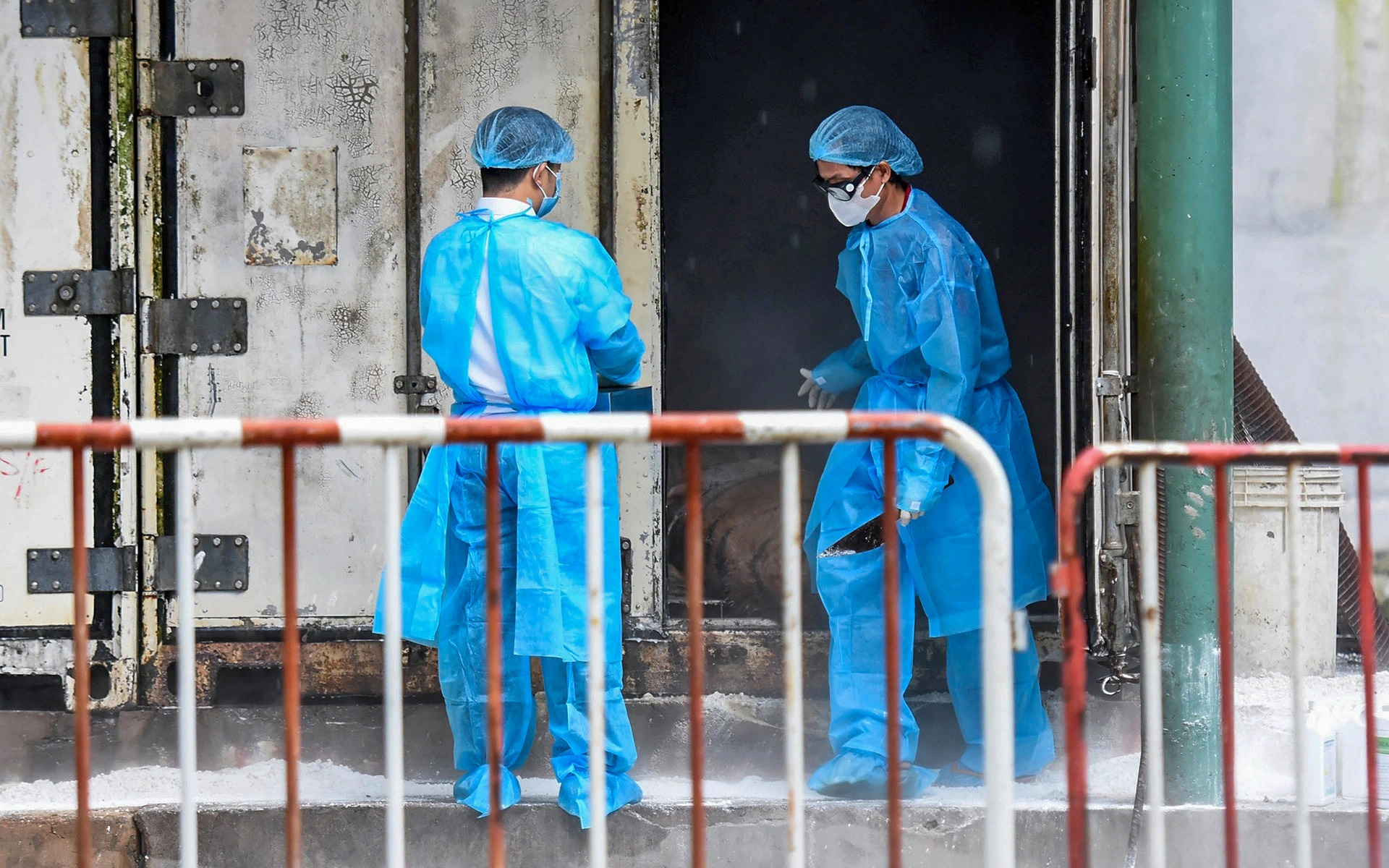Authorities in Long An and Dong Nai Provinces, both located in southern Vietnam, have been urged to consider temporarily closing two tourist sites following an outbreak of A/H5N1 avian flu, which had left 51 tigers, leopards, and lions dead.
The Ministry of Agriculture and Rural Development confirmed on Monday that it had sent a dispatch to the administrations of the two provinces regarding the management of A/H5N1 virus risks in wildlife.
Earlier, the Animal Health Department in Long An reported that 27 tigers and three lions had died at My Quynh Safari Park in Duc Hoa District.
Three of the tigers were transported from Mango Garden Resort, located in Dong Nai’s Bien Hoa City, on September 6, while the rest originated from the safari park.
Chicken meat supplied at the safari park was from Ho Chi Minh City.
The department added that a sample taken from one of the dead tigers on August 16 tested positive for the H5N1 avian flu virus.
On October 1, the Animal Health Department in Dong Nai announced that 20 tigers and one black panther had died at Mango Garden Resort between September 8 and 22. Samples collected from two of the tigers also tested positive for the virus.
Despite the complexity of the bird flu outbreak, the safari park and the resort had not coordinated with local wildlife management agencies or animal health authorities to investigate or implement disease prevention measures, according to the ministry.
The ministry highlighted the significant risk of the virus spreading from wildlife to humans, potentially impacting public health and causing severe losses to the livestock industry.
Therefore, the administrations of the two provinces should direct their Departments of Natural Resources and Environment to investigate the bird flu outbreak among the tigers, lions, and leopards in these tourist areas.
The ministry called for strict measures to prevent further outbreaks, including investigating the food sources, closely monitoring the remaining animals, limiting human contact, and keeping these two facilities closed until the disease is fully controlled.
The agency also asked both provinces to strictly handle any cases of improper wildlife breeding or failure to comply with veterinary and disease reporting regulations.
Any facility found violating these laws and contributing to the spread of the disease should be closed until the outbreak is contained, and those responsible must be held accountable.
The ministry cautioned that the A/H5N1 virus is highly dangerous, posing a threat to poultry, wildlife, and humans.
Since 2003, A/H5N1 has infected 129 people in Vietnam, resulting in 65 deaths, with millions of poultry dying as a result.
Like us on Facebook or follow us on Twitter to get the latest news about Vietnam!



















































